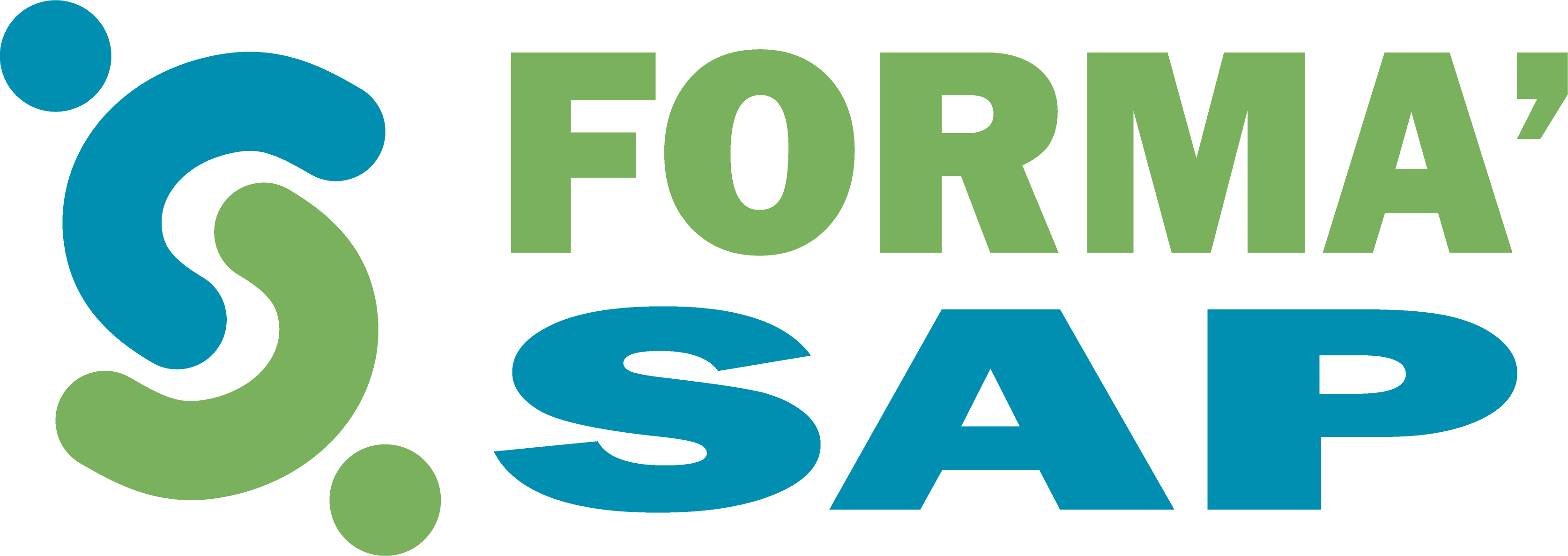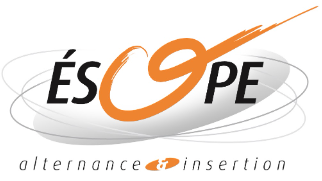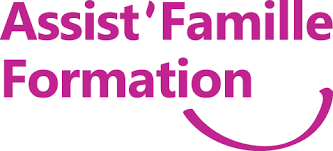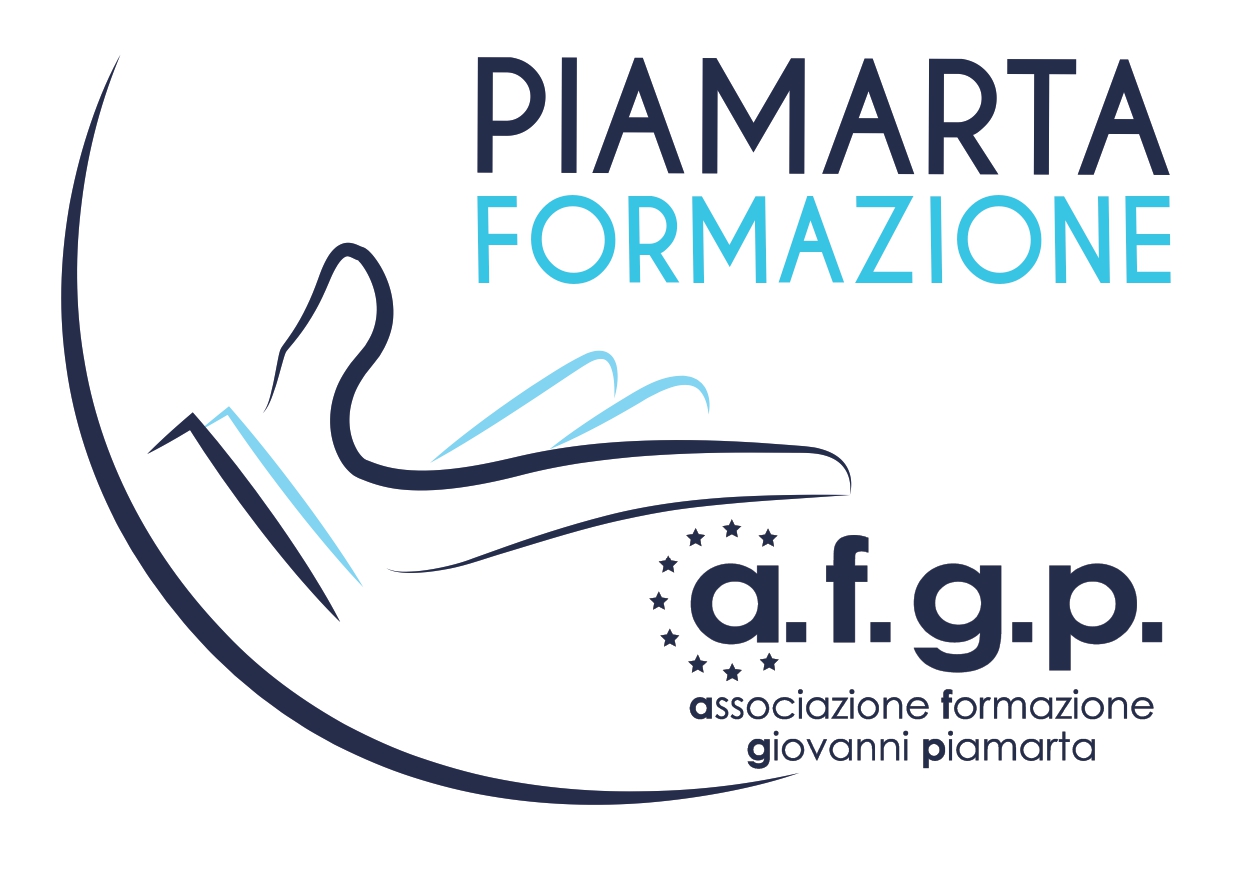This website uses cookies so that we can provide you with the best user experience possible. Cookie information is stored in your browser and performs functions such as recognising you when you return to our website and helping our team to understand which sections of the website you find most interesting and useful.
Personal care
Forma sap is a project built for personal assistance and focused on domestic assistance. The goal is to realize and test training modules for Sap sector.
Forma sap is the project born by the collaboration inbetween three organisation (Esope, Assist’Famille Formation and A.F.G.P) for personal assistance, home care in particular.
The project aims to implement and test training modules for the SAP sector based on three themes:
- ecological practices;
- multiculturalism;
- management of domestic violence.

Our objectives

There are several objectives:
1. To draw up an experience guide necessary for the recognition of the helping and caring professions as a coherent economic sector in the European context. This guide is to be considered through quality policies essential for the transnational recognition of professions;
2. Develop training modules, through a European partnership, to strengthen knowledge and skills;
3. Improve skills and practices in SAP homework on the identified topics (ecological practices, multiculturalism, intra-family violence);
4. To improve the image of the profession and enable its recognition on a European scale.
A transnational partnership
Forma’Sap is implemented through a transnational partnership guided by ESOPE Verviers ( Belge) in partnership with two organisations:
- AFGP ASSOCIAZIONE FORMAZIONE GIOVANNI PIAMARTA Brescia (Italia);
- ASSIST’FAMILLE FORMATION Île-de-France (Francia).
The partnership will help to approach to SAP sector with a vision which goes beyond the strictly national professional framework and will allow to highlight each country specific particularities.
It will make the organisations exchange and share experiences in SAP professions.This condivision will bring an adding value to each partner,making possible the passage from a local environment to a European environment.
The transnational nature of the project will also enable the various participants to build a solid and enriching partnership network, in particular through the organisation of transnational meetings and seminars (online or in-presence), moments of exchange and sharing. These meetings will allow the partners, but also relevant actors in the context of this project (local authorities, practitioners) to meet at the same time.
Furthermore, these experiences will able to establish a guide representing each country reality, and to identify any specific needs of each country partner of the project, through a bottom-up approach.
The project also allows the partnership to come out from a auto referential vision, through an objective observation and analysis of the situation of SAP professions, in the three themes developed.

UE’s added value lies in to the project ability to address several of its priorities, in particurlarly in terms of employability and also skills development.
Since the health sector has been established as one of the Union’s priorities, the development of training units for workers in the SAP sector will permit to respond to the need to strengthen the skills of workers and the valorisation of the health sector.
Another benefit of transnational cooperation is the development of facilitated staff mobility in the SAP sector. The sharing of experiences and the development of skills targeted by the project enable the strengthening of the profile of SAP workers, to promote this strengthening and be able to respond more adequately to the labour supply in other countries.
The target groups

The target groups of this project are multiple, so that a wide and representative audience can be reached:
1. Trainers from centres providing SAP training: the training modules set up during the project will enable these trainers to strengthen their knowledge and skills in the three topics identified by the partnership (ecological practices, multiculturalism and intra-family violence);
2. People undergoing SAP training: these modules will enable them to strengthen their knowledge and improve their skills with respect to the new challenges related to these professions;
3. People currently working in a SAP profession: thanks to the availability and accessibility of resources, the training can be made available to anyone wishing to strengthen their skills and knowledge:
4. Anyone with the intention or desire to improve or acquire skills, but simply showing interest in the topics developed.
Forma’Sap: an answer to a context in continuous revolution
Forma Sap was created as a response to the various developments in a changing context observed by SAP practitioners.
These are not only cultural changes, but also environmental issues and the increase in acts of violence within family environments.
Three factors that have led to changes in the professions of SAP, which require increasingly specialised skills.
The Forma’Sap project is innovative because it responds to needs that have been clearly identified by the European institutions as essential for:
- Improve the status of SAP professions and thus revalue them;
- Produce an experience guide, necessary for the promotion and recognition of SAP professions in Europe;
- Enable the development of new skills for SAP professions;
- Propose methods aimed at the progressive evolution of the representations that professionals have of their profession but also of the representations of the population at large.

Strengthening the skills of workers improves the employability of European citizens, as recommended by the European Commission in its action plan on the pillar of social rights. Through training on different topics, the skills of people in SAP professions will be strengthened.
Furthermore, this project allows to respond to the priorities of the European Strategy for Care by ensuring good working conditions in the healthcare sector through opportunities for further training and qualification.
The innovative nature of the project therefore lies in its bottom-up approach to the promotion of SAP professions:
- By studying the different training paths and types of associations existing in the countries represented in the consortium;
- by working on the intrinsic representations of SAP businesses.
Partners
Objectives and needs of partners
The project was developed and discussed by the transnational partners, having understood the need and added value of sharing and developing experiences to enrich their own knowledge and realities.
The ambition of this project therefore responds to the need to strengthen local practices and experiences, thanks to the added value brought by the European nature of cooperation and the sharing of the particularities of each country.
Moreover, the organisations participating in this project shared the observation and the need to strengthen their training courses currently provided in their institutions. Hence the interest in developing a project that would allow for both experiential guidance but also training modules in skills that require a deepening of one’s knowledge.
In fact, current training courses have very little content, if any, compared to the priorities addressed by the project, in terms of ecology, dealing with intra-family violence and multiculturalism.
The project will therefore strengthen the current training offer and respond to the priorities set by the European institutions, in terms of ecology and the environment, but also in terms of inclusion and respect for different cultural communities.
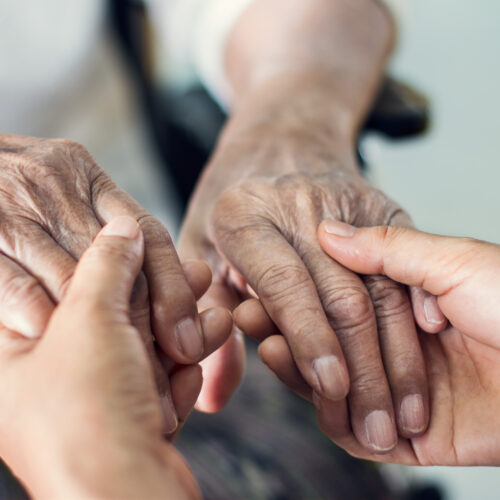
Part of the added value of this project lies in sharing experiences specific to the SAP sector, being able to testify and present their own observations on their view of the profession.
All the literature consulted to develop the project converges towards
the same conclusion: SAPs represent a potentially gigantic pool of employment in the EU, thus highlighting the training needs.
The term ‘personal services (PSS)’ in the EU encompasses a large number and variety of personal and family services that can be provided by workers with very different employment statuses.
They are perceived differently in Europe, particularly depending on the type of SAP. Due to the wide range of activities performed, these services are not necessarily considered a coherent economic sector in the EU and there is no general legal definition.
Therefore, measures to improve working conditions in SAPs can only be accompanied by measures to professionalise workers in order to create and ensure a better quality of service.
The term ‘professionalisation’ is understood here as the improvement of skills both descriptively and normatively.
It can be used to describe the situation of demand and supply of training, required skills, recognition of qualifications, etc. The sector offers more job opportunities, including the more qualified workers.
Expected results of the project
- Analysis of different local training experiences for SAP professions.
- Realisation of training modules with precisely defined sequences, skills and practices.
- Increasing the competences of trainers in the SAP professions and of any person undergoing or intending to undergo training in the SAP professions.
- Promotion of the SAP professions at home, thanks to the improvement resulting from the sharing of experiences and training modules.
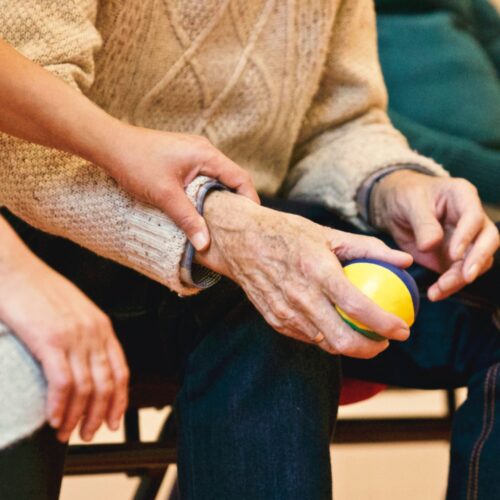
Events
Do you want to know more?
Keep up to date our Facebook page, you’ll just have to follow us HERE.
Otherwise, you can discover how to contact us below!
